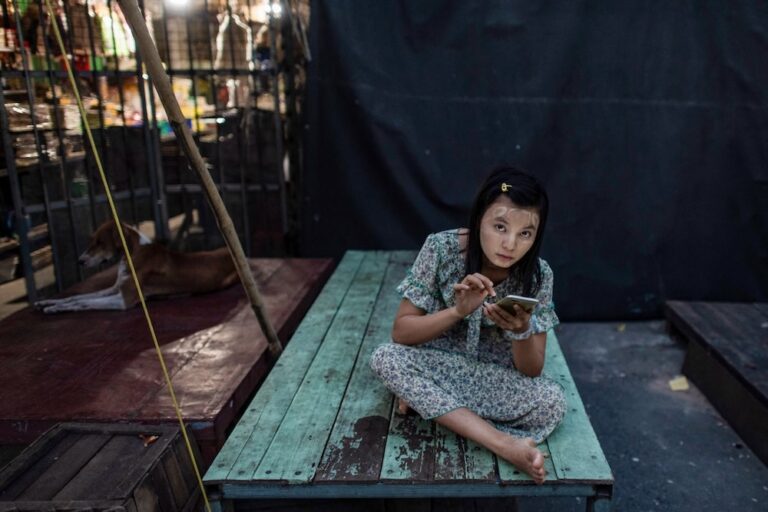(IFJ/IFEX) – The following is a 27 September 2007 IFJ media release: IFJ Protests as Journalists are Counted among Victims of Burma Violence The International Federation of Journalists (IFJ) today called on the Burmese authorities to end the violent attacks on demonstrators and journalists covering the events there following the killing of one Japanese photographer […]
(IFJ/IFEX) – The following is a 27 September 2007 IFJ media release:
IFJ Protests as Journalists are Counted among Victims of Burma Violence
The International Federation of Journalists (IFJ) today called on the Burmese authorities to end the violent attacks on demonstrators and journalists covering the events there following the killing of one Japanese photographer and reports of another media death and intimidation of local and foreign media.
The IFJ condemnation follows the confirmation that Kenji Nagai was one of 8 people killed during demonstrations in the capital Rangoon. The IFJ is concerned for the safety of another journalist, a German photographer who is reportedly also a victim of a shooting by security forces.
“Once again we see that it is journalists who are in the front line facing violence from unrestrained security forces dealing with peaceful protest,” said AW. It is essential that the Burmese authorities lower the temperature and allow journalists and peaceful demonstrators to exercise their right to work safely and protest peacefully.
Japanese agency APF News has confirmed the death of Kenji Nagai, who was working for the agency. The Bangkok Post reported that a German photographer covering the demonstration was also killed by security forces.
According to the BBC, a hotel in which foreign journalists have been staying in Rangoon has been surrounded and ransacked.
The IFJ is also concerned by reports that the Burmese military junta ordered Rangoon-based journals and newspapers to publish a declaration denouncing the protests. According to the Burma Media Association, the Burmese junta’s director of the Press Scrutiny and Registration Division, Major Tint Swe, instructed all Burmese print media at a meeting last Sunday to publish a declaration stating they were not interested in the ongoing protest.
Authorities have issued a night-time curfew and a ban on public gatherings of more than five people, measures which will be enforced for 60 days. The protest against the military junta is the biggest since the nation-wide pro-democracy uprising of 1988 led by students, which ended in bloodshed as the military killed many of the protesters.
The IFJ represents over 600,000 journalists in 114 countries worldwide.


